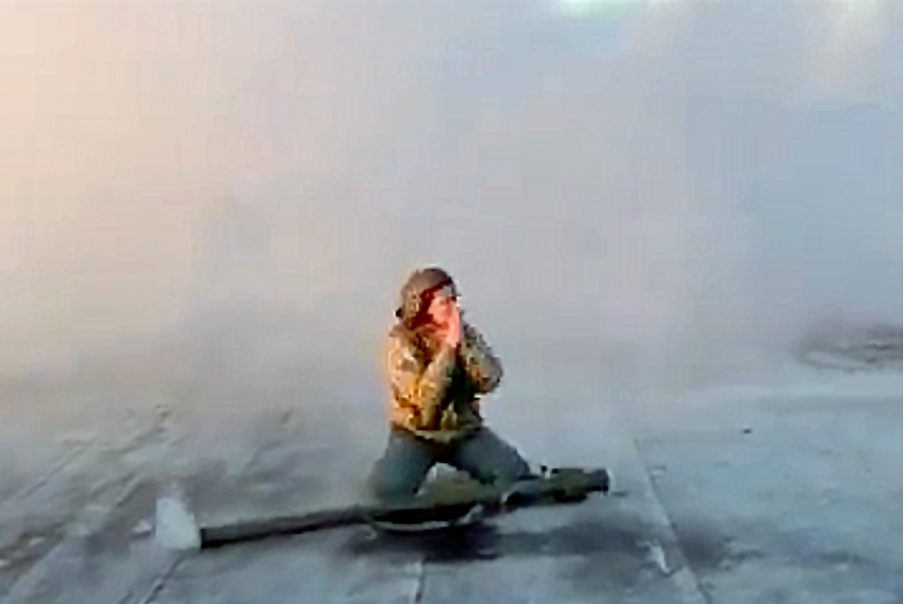Germany began the announced expanded controls at all its borders on Monday. Controls have been in place at the borders with the Czech Republic, Poland and Switzerland since October 2023, and at the border with Austria since 2015. Commentators warn that the crackdown sends a devastating signal, particularly from a pan-European perspective.
Making a scapegoat of immigrants
JOIN US ON TELEGRAM
Follow our coverage of the war on the @Kyivpost_official.
Spain's El País observes the developments with concern:
“The moderate parties' adoption of measures from the ultra-conservatives that make immigrants the scapegoat for problems that have nothing to do with them is worrying. ... Germany is not alone in this. ... In France, the Macronists have passed a law so tough that Marine Le Pen celebrated it as her own success. ... The Dutch coalition government, led by right-wing extremists, has announced measures that essentially abandon the EU consensus on asylum. ... The responsibility of the moderate parties is to counter these insidious policies with a discourse based on data, international humanitarian law and the sheer evidence of the wealth - not only material - that immigration brings to the EU.”
Brussels must find a solution
Such measures come at the expense of the states on the EU's external borders, the news website Capital of Greece criticises:
“If all the EU's member states do this, the burden will fall on countries of first entry like Greece, Italy and Spain. Poland and Austria have already called on Brussels to intervene. But the German government is in a panic because the three coalition parties performed very poorly in the two federal states that recently held elections. If Brussels doesn't immediately come up with a comprehensive solution for the migration problem, the EU border countries risk being left alone with a huge problem that they can't solve on their own.”

Germany to Send Ukraine Drones But No Long-range Missiles
The internal doors must remain open
The business daily Les Echos of France stresses the crucial importance of open borders between EU member states:
“It's also about symbolism. For Europeans, the most tangible signs of a shared home are the euro, the Erasmus programme and borders that are easy to cross. We need to guard the entrance to the house more effectively, manage refugees better and find solutions for rejected asylum seekers. Inside the house, however, the doors must remain open and exceptions must remain isolated cases. Otherwise the entire European project is in danger of falling apart.”
Goodbye to value-driven foreign policy!
This is a huge loss for Europe, Germany's Taz complains:
“The message from Germany is: every man for himself. European solidarity? Think again. ... With this move the traffic light coalition - which was formed as a 'coalition of progress' - is advancing the shift to the right in Europe. In particular since isolation from the outside world goes hand in hand with repression at home in a wide range of areas - against climate activists, critical professors or pro-Palestinian groups, for example. At the same time there is a growing willingness to negotiate with the Taliban or Syria's dictator Assad to facilitate deportations. There can be no more talk of a value-driven foreign policy.”
Reprinted from Eurotopics. You can find the original here.
You can also highlight the text and press Ctrl + Enter






